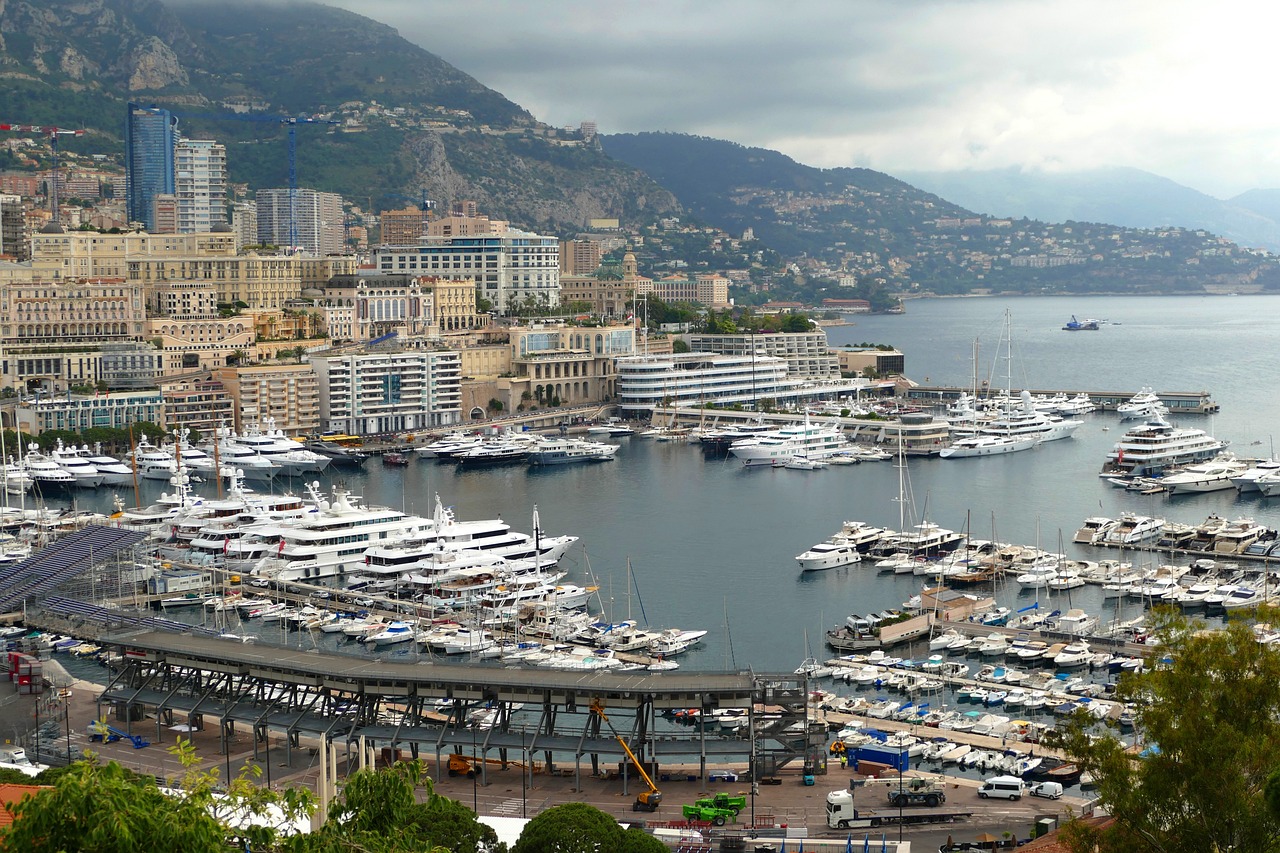
Monaco is a country that is often mentioned as a tax haven.
A tax haven is a territory whose tax regime is especially favorable to non-residents . Therefore, many citizens and companies domicile in said territory for legal purposes, even when they do not live there.
It should be noted that paradise is a term from the Latin paradīsus that refers to an ideal place, a utopia or a place with very satisfactory and pleasant conditions. The adjective fiscal , for its part, is linked to what belongs to or relates to the treasury (public organizations that are dedicated to collecting taxes or the public treasury).
In recent years, both due to certain actions of famous people from the artistic or sporting world as well as political corruption plots, the term tax haven is highly topical.
Advantages of a tax haven
The advantages of the tax regimes of tax havens usually include partial or total exemption from paying taxes . For example: a millionaire living in the United States must pay large sums of money in income tax. If said person establishes their legal domicile in a tax haven, they will pay much less money for tax purposes.
Tax havens often offer other advantages, such as laws or regulations that do not allow the exchange of information for tax purposes with other countries. These territories are also often accused of a lack of transparency, which allegedly allows money laundering or other types of financial crimes.

It is common for tax havens to be accused of encouraging money laundering.
Main features
In addition to everything stated above, it is important to take into account another series of very significant identity signs:
- Countries that become tax havens by offering these advantages to foreigners basically aim to attract foreign currency from abroad in order to strengthen their economies.
- Companies that decide to bet on the aforementioned paradise do so basically to reduce what would be their tax bill, reduce their expense account and become much more competitive in the market.
- The fact that the nations that fall under that category have grown significantly is due to the fact that in some countries, especially those on the European continent, very high taxes have been established that can even reach up to 50% of what they are. the income.
- It is considered that it was in the 1960s when tax havens began to emerge, although it would be in the 1980s when they were definitively established as such.
- Typically, they are located in exotic or tiny areas, such as the Solomon Islands, Fiji or the Isle of Man.
- There are various types of tax havens. Thus, on the one hand, there are those who are specialized in what would be the management of large fortunes while on the other there are those centralized in business oversight.
It is common for two tax regimes to coexist in a tax haven: one for local citizens and companies (similar to that of any other country) and another for foreigners (with additional benefits).
It is interesting to mention that among the main tax havens recognized by the Organization for Economic Cooperation and Development (OECD) are the Bahamas , Cook Islands , Panama and Saint Lucia .
